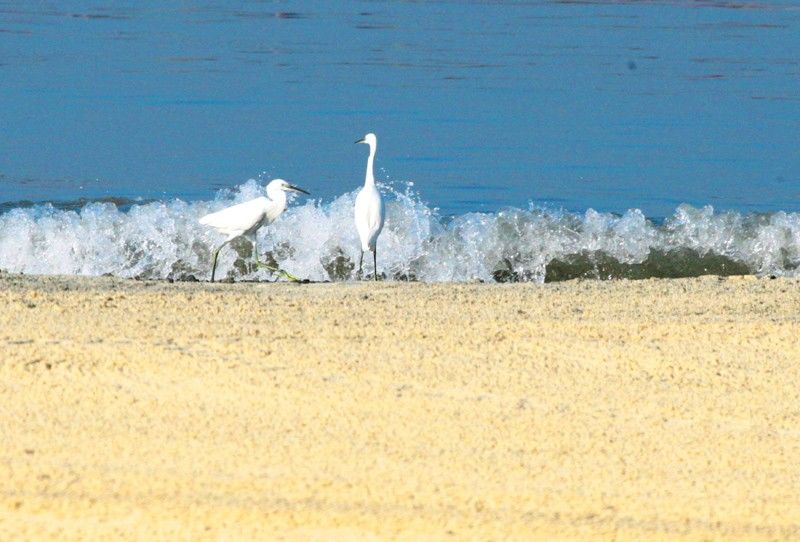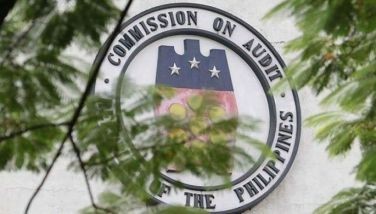After bay rehab, focus shifts to garbage culture

MANILA, Philippines — Behavioral change may be key to keeping the country’s coastlines clean, environment chief Roy Cimatu said yesterday as he led the observance of International Coastal Cleanup (ICC) Day, with the temporary opening to the public of a portion of the Manila Bay coastline that was cleared of garbage and filled with tons of dolomite to create a beach-like appearance.
In his message, Cimatu said they would have to address behavioral and cultural realties that have made garbage throwing in the country, especially in Metro Manila, so prevalent.
“The cleanup of Manila Bay and esteros will just be continuing. However, we can’t help but notice that people also continue to be indifferent on the garbage issue. One concrete example is that when they eat in fast food joints, they just leave the wrappers of what they’ve eaten on the table and don’t even have the initiative to throw it in designated garbage bins,” Cimatu said.
“Another thing we observed is that the pandemic made people more careless since the current situation drove almost everyone to have their food delivered or they just bring it home after buying from restaurants, so you can see several plastics still being used,” he pointed out.
Cimatu said they would like to make the people realize that it would be much easier to address the garbage problem by volunteering and helping one another achieve a garbage-free environment. He said they would launch a massive education campaign aimed at changing people’s attitude and highlighting the importance of waste management.
The Department of Environment and Natural Resources (DENR) led a cleanup of the coast of Manila Bay – attracting a few volunteers, mostly government employees.
Cleanups were conducted in small groups, with physical distancing and wearing of face masks and face shields strictly followed.
“Our duty to keep our shorelines, rivers and waterways clean does not stop even with the pandemic. It is a task that we should take on every single day,” Cimatu said.
After the cleanup, Cimatu and some officials – including Manila Mayor Isko Moreno – proceeded to the site of the Manila Bay beach nourishment project to check on the progress of the ongoing operation to fill a 500-meter portion of the bay area with dolomite sand. The area is adjacent to the US embassy.
Critics of the project called it ostentatious and ineffective in restoring the beauty and water quality of the bay, once the country’s pride with its famed sunset. They said dolomite could even adversely affect the quality of water in Manila Bay.
Officials opened the Manila Bay “beach” to the public to demonstrate the viability of using crushed dolomite in rehabilitating and beautifying Manila Bay. The project, which cost more than P300 million, also involves de-silting of the coast as well as some “geo-intervention” to prevent the artificial sand from being washed away.
“We just want people to have a glimpse of this beach nourishment project since there were no construction activities this weekend. It will just be open until Sunday 6 p.m.,” DENR Undersecretary Benny Antiporda said.
ICC is the world’s largest volunteer effort to clean up the marine environment. Every year, volunteers from over 100 countries engage in clean up of local beaches, rivers, lakes and canals to show their commitment to cleaner waterways.
The Ocean Conservancy, the world’s largest organization involved in protecting the health of the marine environment, has been sponsoring the annual event for the past 33 years.
For over a decade, the Philippines has had the most number of volunteers in the annual ICC Day around the world. Last year, more than 20,000 Filipino volunteers joined cleanup activities acrossthe country.
- Latest
- Trending
































